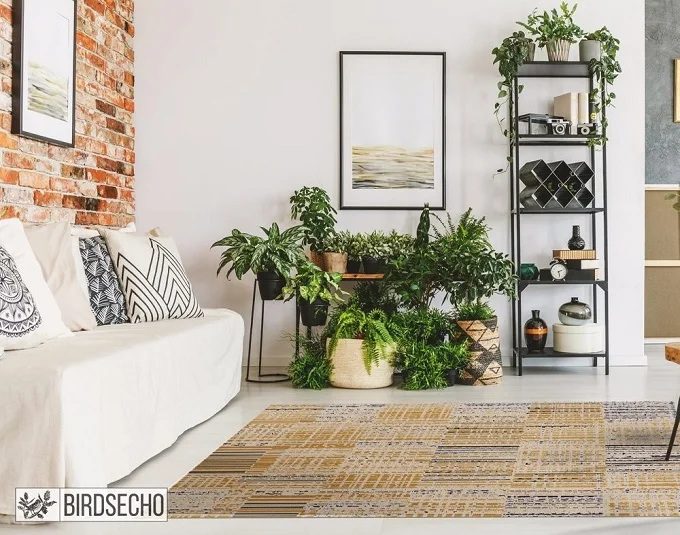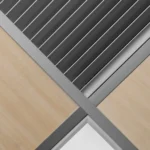Polymer floor coverings represent a versatile solution used across various aspects of life, from home interiors to commercial spaces. Known for their durability and ease of maintenance, they have become a popular choice among consumers and businesses alike.
History and Development
Synthetic floor mats were invented in the mid-20th century as an alternative to traditional flooring materials like wood or stone. Their production accelerated with modern technologies, enabling mass production. Thanks to their insulating properties, moisture resistance, and ease of installation, they quickly gained popularity in both residential and commercial sectors. The etymology of “vinyl” traces back to the Latin word “vinum” (wine), reflecting its chemical origins from ethylene compounds.
Materials and Technology
Polyvinyl chloride (PVC) components are typically made from polyvinyl chloride, a synthetic material that provides flexibility and durability. Modern technologies have allowed for the addition of various patterns and textures to vinyl, enabling it to mimic other materials such as wood, stone, and even metal. These modular floor systems can now incorporate anti-static properties for specialized applications.
Applications
Home Use
In homes, waterproof floor coverings are often used in kitchens, bathrooms, and other areas where moisture resistance is important. These residential floor mats provide both functional and aesthetic benefits.
Commercial Use
In commercial spaces such as offices, stores, and schools, commercial-grade matting is valued for its durability and ease of maintenance. The global vinyl flooring market was valued at USD 25.37 billion in 2024 and is projected to grow at a CAGR of 5.5% from 2025 to 2030.
Specialized Use
In industry, for example, in manufacturing plants or hospitals, vinyl mats can also serve electrostatic discharge (ESD) prevention or slip-resistant functions. Anti-static vinyl mats are made of 3/32″ thick homogeneous solid vinyl mat with a buried conductive layer in between to provide a Static Safe environment. These specialized hospital-grade flooring solutions are essential for medical facilities where static control is critical.
Advantages of Vinyl Mats
- Durability: They are exceptionally resistant to wear, scratches, and stains
- Ease of Cleaning: They do not require special cleaning agents; regular washing is sufficient
- Water Resistance: Ideal for areas susceptible to water exposure
- Aesthetics: Available in various patterns and colors, making it easy to match any interior design
- Cost-effectiveness: Compared to natural material alternatives, vinyl offers affordable performance
- Versatility: Multi-purpose floor coverings can serve various functions, from decorative to protective
Challenges and Controversies
Despite their many benefits, PVC-based products are not without drawbacks. One of the main issues is their environmental impact, as PVC is difficult to biodegrade and can emit harmful substances when burned. 82% of global PVC waste goes to landfills, 15% is incinerated. Only 3% is recycled. The environmental impact remains a significant concern, though the low quality of some mats can lead to rapid wear and the need for replacement.
The Future of Vinyl Mats
The vinyl rug market continues to evolve, with increasing focus on sustainable development and recycling innovations. Manufacturers are exploring new production methods that are more environmentally friendly, such as using recycled PVC or organic composites.
Circular economy initiatives are gaining momentum in the industry. VinylPlus is committed to recycling at least 900,000 tonnes per year of PVC waste into new products by 2025 and 1 million tonnes by 2030. In 2024, significant progress was made through the VIABILITY recycling grant program, which has awarded over $1.67 million to projects researching and making innovations in post-consumer PVC recycling.
The industry is developing advanced recycling technologies, including:
- Chemical recycling processes for complex PVC waste
- Optical sorting technologies to improve separation efficiency
- Depolymerization and pyrolysis methods for contaminated materials
Current industry trends show strong growth potential. The global vinyl flooring market is projected to grow from USD 33.9 billion in 2025 to USD 63.8 billion by 2035, advancing at a CAGR of 6.5% during the forecast period. This growth reflects rising demand for durable, cost-effective, and aesthetically versatile flooring systems.
Conclusion
Resilient flooring materials are a dynamically developing category that offers many benefits but also presents challenges related to ecology for manufacturers and consumers. Their future depends on the industry’s ability to innovate and its environmental responsibility. As sustainable alternatives and recycling technologies advance, vinyl mats will likely maintain their position as practical solutions while becoming more environmentally conscious.




No Comment! Be the first one.